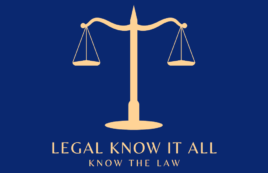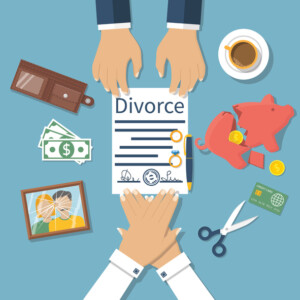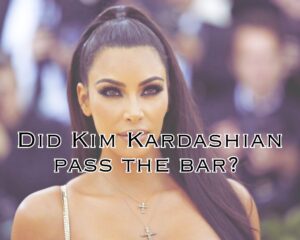In my years navigating the intricacies of the legal system, a phrase I’ve frequently encountered in the courtroom is “I don’t recall.” Witnesses, when faced with probing questions about events that may have occurred months or even years prior, often resort to this response. It’s a phrase that, on the surface, seems straightforward—a simple admission of memory’s fallibility. However, its implications in legal proceedings are anything but simple. This article aims to dissect the reasons behind the prevalence of “I don’t recall” in legal testimonies and to explore whether it serves as a protective veil for dishonesty or a genuine acknowledgment of human memory limitations.

The courtroom is a stage where every word is weighed and measured, where the distinction between truth and falsehood is painstakingly sought. Yet, amidst this search for clarity, the human brain’s complexities emerge, revealing the challenges of relying on memory for factual recounting. Understanding the psychological underpinnings of memory, the strategic use of uncertain recollections, and the legal ramifications of claiming memory loss is crucial for anyone involved in the legal process, from lawyers and judges to witnesses themselves.
As we delve into this exploration, we’ll also touch upon notable cases where “I don’t recall” played a pivotal role, offering insights into how this phrase can sway the course of justice. For those intrigued by the dramatic turns and unexpected outcomes that can arise from such testimonies, Beyond Belief: The Most Insane Verdicts in Courtroom History Worldwide provides a fascinating look at the unpredictable nature of legal verdicts.
This journey through the corridors of memory and truth in the legal arena is not just for legal professionals but for anyone interested in the nuances of courtroom dynamics and the human psyche’s role within it. Whether you’re preparing to testify, embroiled in legal studies, or simply captivated by the complexities of the justice system, understanding the implications of “I don’t recall” can offer valuable insights into the delicate balance between honesty and strategy in legal testimonies.
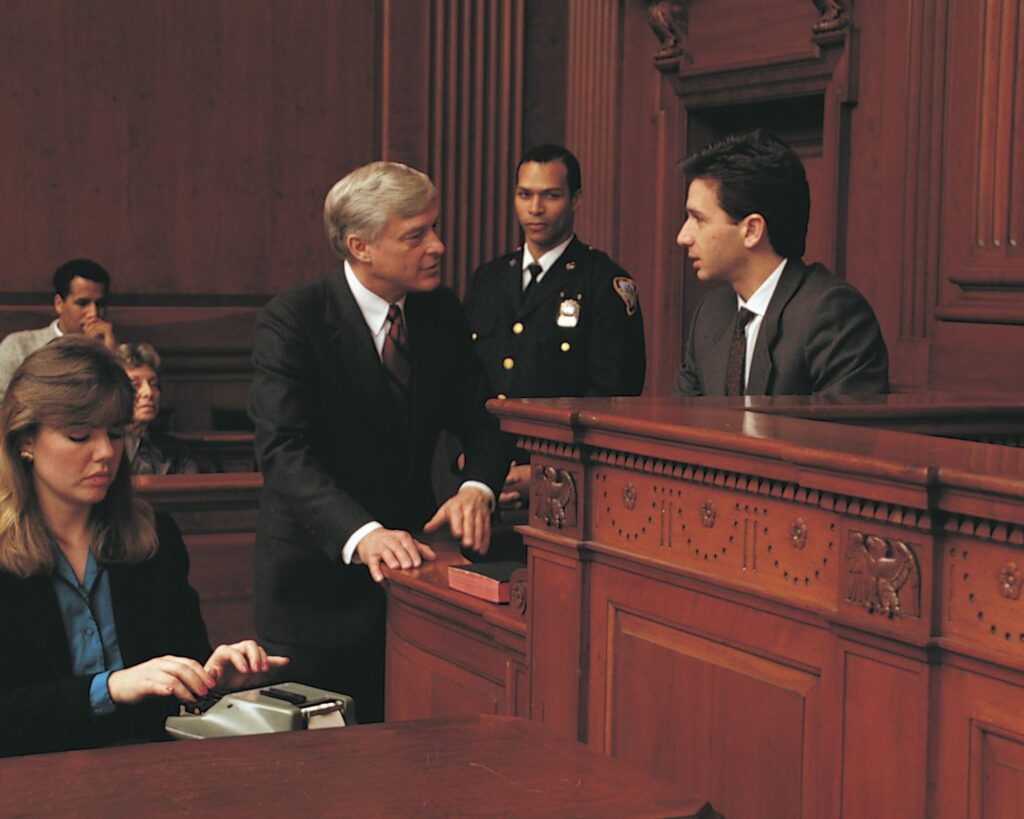
What Lies Behind “I Don’t Recall”?
The human mind is not a flawless recorder of events; it’s a complex, sometimes unreliable narrator of our past experiences. In the high-stakes environment of a courtroom, where the pressure is palpable, the phrase “I don’t recall” frequently surfaces. But what truly lies behind this common testimony? Is it a mere reflection of memory’s inherent limitations, or is there more at play?
The Psychology of Memory in Legal Contexts
Memory, particularly under stress, can be incredibly fallible. The anxiety of being in a courtroom, with the knowledge that your words could significantly impact the outcome of a case, can impair one’s ability to recall events accurately. This psychological pressure, combined with the natural degradation of memory over time, often leads witnesses to the safe harbor of “I don’t recall.” It’s a phrase that, on the surface, absolves them of the need to provide a concrete answer that could be proven false.
However, the strategic use of “I don’t recall” cannot be overlooked. In some instances, it may serve as a legal shield, offering witnesses a way to avoid incriminating themselves or others without resorting to outright falsehoods. The distinction between not remembering and choosing not to provide a definitive answer is subtle but significant in legal terms.
Legal Implications of Claiming Memory Loss
The courts are well aware of the complexities surrounding human memory. As such, witnesses who frequently claim not to remember key details are not automatically accused of lying. Instead, the legal system attempts to navigate these murky waters by considering the context of the testimony, the possibility of corroborating evidence, and the witness’s overall credibility.
This nuanced approach is necessary, given the potential consequences for witnesses perceived as dishonest. Accusations of perjury can arise if there’s evidence to suggest that a witness is willfully concealing the truth behind a veil of supposed forgetfulness. Thus, while “I don’t recall” may seem like a simple phrase, it carries with it a host of legal and ethical considerations.
For those interested in the broader implications of witness testimony and the legal strategies that can influence the outcome of a case, Legal Loopholes: How to Outsmart the System and Win Your Case offers an insightful exploration into the tactics employed within the courtroom.
Understanding the psychology behind memory and the strategic use of “I don’t recall” is crucial for anyone involved in the legal process. It highlights the delicate balance between the limitations of human memory and the strategic maneuvering that is part and parcel of legal proceedings. As we continue to navigate the complexities of the courtroom, recognizing the multifaceted role of memory in testimony is key to discerning truth from strategy.
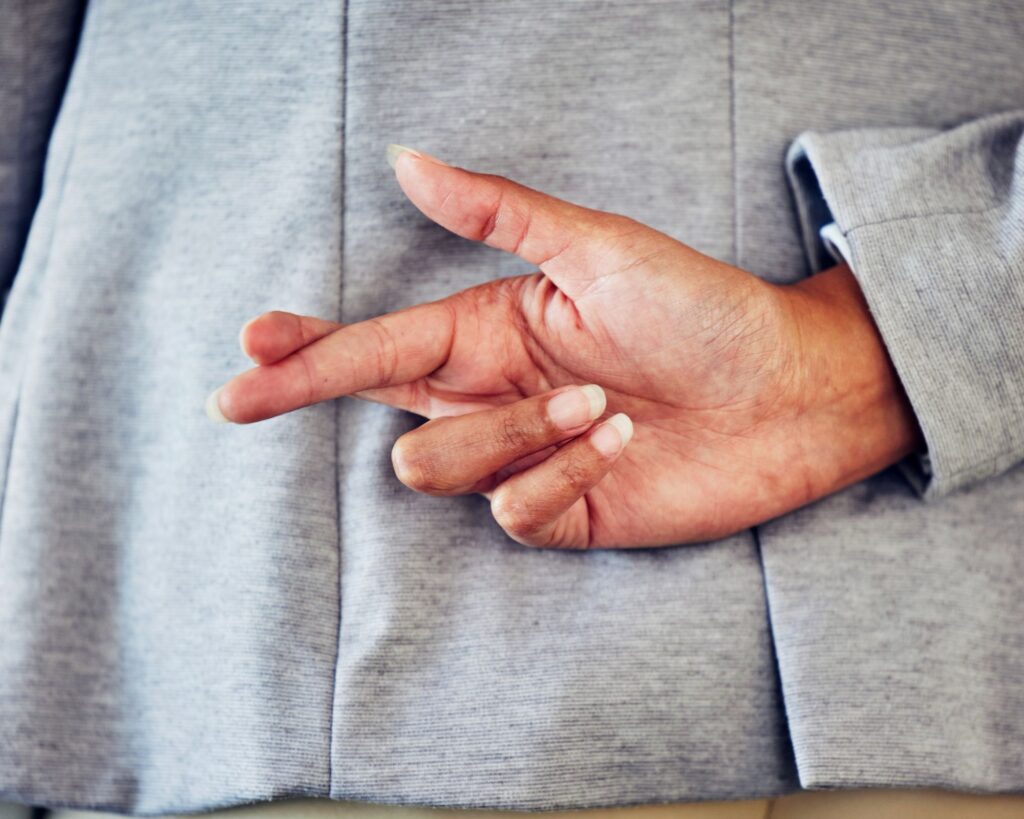
Is “I Don’t Recall” a Legal Loophole for Lying?
The fine line between forgetting and obfuscating the truth in a courtroom setting raises an important question: Does the frequent use of “I don’t recall” serve as a legal loophole that allows witnesses to avoid telling the truth without facing the consequences of lying? Understanding the distinction between genuine memory lapses and strategic evasion is crucial in legal proceedings, where the integrity of testimony can significantly influence the outcome.
“I Don’t Recall” vs. Perjury: Understanding the Distinction
Perjury, the act of lying under oath, is a serious offense that can undermine the justice system’s very foundation. However, claiming not to remember an event does not automatically equate to perjury. For a statement to be considered perjurious, it must be proven that the witness willfully provided false testimony about a material fact. This distinction is critical; “I don’t recall” becomes a gray area where the line between a genuine inability to remember and a deliberate attempt to deceive is blurred.
The legal system relies on evidence and the broader context of the testimony to navigate this gray area. If other evidence strongly suggests that a witness should be able to recall the information they’re denying knowledge of, their credibility may be called into question. However, without clear evidence of deceit, “I don’t recall” remains a legally permissible response, albeit one that can frustrate attorneys and judges alike.
The Ethical and Legal Ramifications
The ethical implications of using “I don’t recall” as a shield against providing truthful testimony are significant. While the legal system provides this leeway to protect individuals from the fallibility of human memory, it also places a great deal of trust in the honesty of witnesses. Abuse of this trust can lead to miscarriages of justice, where the truth remains obscured behind a veil of feigned forgetfulness.
For legal professionals and witnesses alike, navigating the ethical landscape of testimony requires a careful balance. Witnesses are encouraged to speak the truth to the best of their ability, acknowledging the limitations of their memory without resorting to evasion. Legal professionals, on the other hand, must diligently work to uncover the truth, employing strategies that respect the complexities of human memory while safeguarding the integrity of the legal process.
For those curious about the intricacies of preparing for and delivering testimony in court, How the Jury Selection Process Works: A Simple Guide provides valuable insights into another critical aspect of the trial process, highlighting the importance of credibility and honesty from the moment a witness takes the stand.
In conclusion, while “I don’t recall” may sometimes be used as a legal strategy to navigate difficult questions, it is not a carte blanche for dishonesty. The legal system’s challenge is to discern the truth within the limitations of human memory, ensuring that justice is served with fairness and integrity.
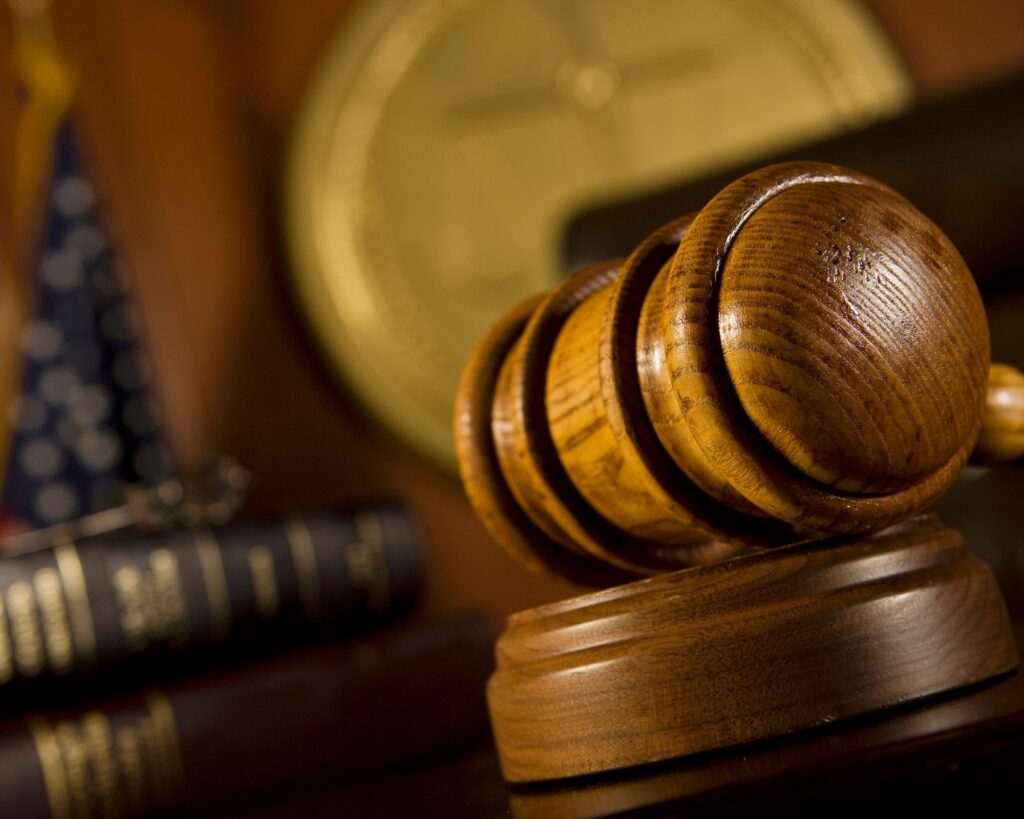
How Do Courts Interpret “I Don’t Recall”?
Given the nuanced nature of “I don’t recall” in testimonies, a critical aspect to consider is how courts interpret this response. When a witness claims not to remember details pertinent to a case, it places the burden on the court to decipher the authenticity of the claim. This section delves into the judicial perspective on memory claims and the factors that influence a court’s interpretation of such statements.
The Judicial Balancing Act
Judges and juries are tasked with the complex job of evaluating the credibility of witnesses, a process that becomes particularly challenging when faced with frequent claims of memory loss. Courts generally understand that human memory is fallible and that stress, time, and other factors can genuinely impair a person’s ability to recall events accurately. However, they also remain vigilant for signs of evasion or deceit, especially when a witness’s claim of not remembering crucial details seems convenient or inconsistent with other evidence.
Factors Influencing Court Interpretation
Several factors can influence how a court interprets “I don’t recall” statements, including:
- Consistency of Testimony: Courts look for consistency in a witness’s testimony. Frequent shifts from specific recollections to sudden claims of memory loss can raise red flags.
- Corroborating Evidence: Other evidence presented in the case, such as documents, emails, or surveillance footage, can either support or contradict a witness’s claim of not remembering.
- Expert Testimony on Memory: In some cases, expert witnesses in psychology or neurology may be called upon to provide insights into the reliability of human memory, offering context for a witness’s claims of forgetfulness.
- The Witness’s Demeanor: The manner in which a witness presents their testimony, including their body language and the way they respond to questions, can also impact a court’s interpretation of their reliability.
Navigating Memory Claims in Court
For legal practitioners, effectively navigating claims of “I don’t recall” involves a strategic combination of questioning, presentation of evidence, and, when necessary, challenging the credibility of the witness. Techniques such as looping back to previously answered questions or presenting corroborating evidence can help clarify whether a witness’s memory claim is genuine or strategic.
For a deeper understanding of the strategic aspects of legal proceedings, including how to navigate complex testimonies, Legal Loopholes: How to Outsmart the System and Win Your Case offers insights into the tactics that can make or break a case.
In conclusion, the interpretation of “I don’t recall” in courtrooms is a delicate matter that requires careful consideration of all available evidence and the broader context of the testimony. While the legal system allows for the fallibility of human memory, it also seeks to ensure that this allowance is not exploited to obstruct the pursuit of truth and justice.
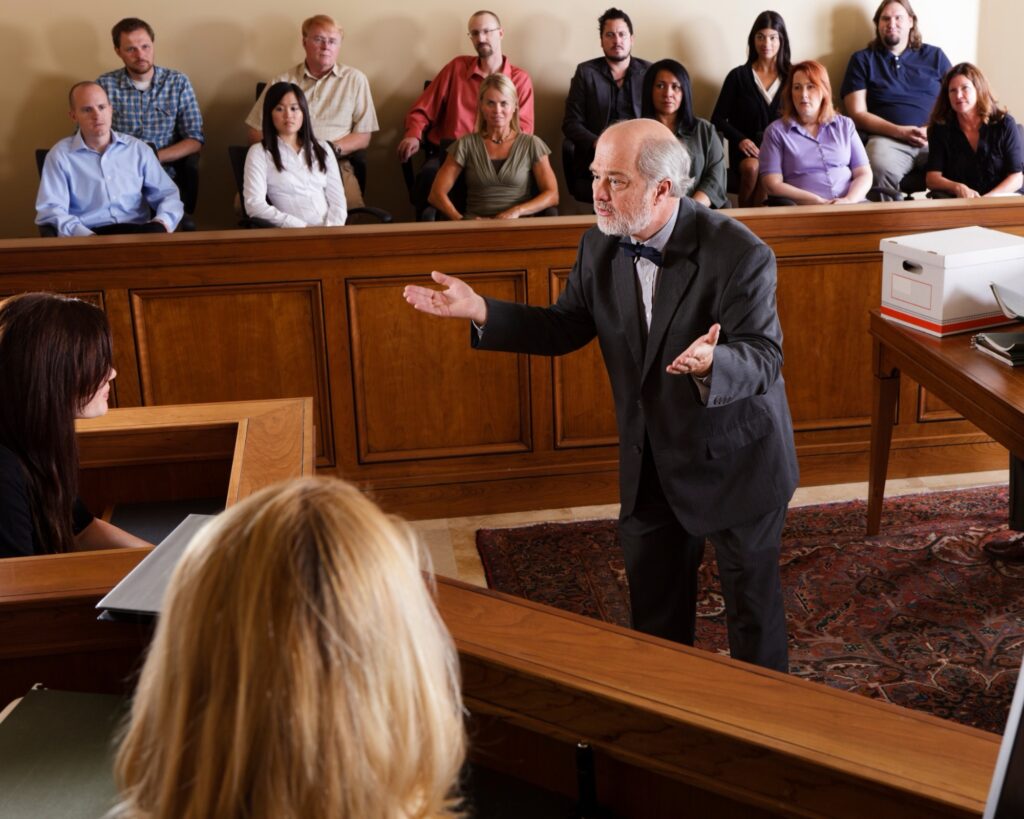
Can “I Don’t Recall” Ever Backfire on a Witness?
While “I don’t recall” might seem like a safe harbor for witnesses under the intense scrutiny of a courtroom, it’s worth considering the potential repercussions of overusing this phrase. Can leaning too heavily on claims of memory loss inadvertently backfire on a witness? This section explores the circumstances under which claiming not to remember could undermine a witness’s credibility and potentially impact the outcome of a case.
The Credibility Conundrum
At the heart of the matter is the issue of credibility. A witness’s reliability is paramount in legal proceedings, as it directly influences a judge’s or jury’s perception of the truth. Overreliance on “I don’t recall” can erode this credibility, especially if the court perceives it as a tactic to avoid answering difficult questions. If a pattern of selective memory loss emerges—where a witness remembers certain details vividly but claims amnesia on more incriminating or controversial points—it can raise suspicions about the honesty of their testimony.
Legal and Ethical Implications
The legal and ethical implications of frequently claiming not to recall are significant. While not outright perjury, abusing this response can lead to legal challenges, including increased scrutiny of the witness’s testimony and, in some cases, allegations of obstructing justice. Ethically, it places the witness in a precarious position, balancing on the fine line between protecting oneself or others and contributing to a potential miscarriage of justice.
For witnesses and those advising them, understanding the boundaries of ethical testimony is crucial. Resources like Understanding Living Wills: Your Guide to Making Informed Decisions, while focused on a different aspect of law, underscore the importance of clarity, honesty, and responsibility in legal declarations and decisions.
How Should Witnesses Prepare for Testimony?
Given the complexities surrounding “I don’t recall” and its potential impact on a case, how should witnesses prepare for their testimony to navigate these challenges effectively? This section offers guidance for witnesses to ensure their testimony is both honest and helpful to the legal process.
Emphasizing Accuracy and Honesty
The cornerstone of reliable testimony is a commitment to accuracy and honesty. Witnesses should strive to recount events to the best of their ability, acknowledging the limitations of their memory without resorting to evasion. Preparing thoroughly by reviewing relevant documents, timelines, and other materials can help refresh a witness’s memory and reduce the need to claim forgetfulness.
Legal Preparation and Support
Working closely with legal counsel is essential for witnesses preparing for testimony. Attorneys can provide valuable guidance on the types of questions to expect and how to address areas where the witness’s memory may be unclear. Mock testimonies and question-and-answer sessions can also help witnesses feel more comfortable with the process and reduce anxiety that might impair memory recall.
For those looking for more insights into the preparation process, How the Jury Selection Process Works: A Simple Guide offers a glimpse into the broader context of trial preparation and the importance of credibility and clear communication in court.
In conclusion, while “I don’t recall” is a common and sometimes necessary part of testimony, its use requires careful consideration. Witnesses must balance the natural limitations of memory with the need for honesty and clarity, ensuring their testimony contributes positively to the pursuit of justice. With proper preparation and ethical guidance, witnesses can navigate the complexities of legal testimony while maintaining their credibility and integrity.
As an Amazon Associate we earn from qualifying purchases through some links in our articles.
